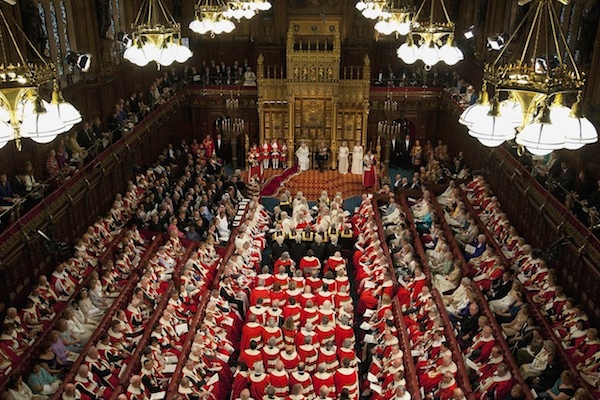The Strathclyde Review into the power of peers to block legislation sent up by the Commons reports today, and it is expected to strip the House of Lords of its ability to kill off secondary legislation. And the way the government will bring in this reform, which will enshrine the primacy of the Commons, is by primary legislation, which means that if peers try any funny business, ministers can deploy the Parliament Act and force the change through.
Labour says this is a ‘massive overreaction’ to the tax credits row earlier in the autumn. But this reform, naturally, won’t change two major problems with secondary legislation that have very little to do with peers.
The first is that governments of all hues use secondary legislation to introduce policies that are considerably bigger and less detailed than secondary legislation was intended for. The Tories have not been using secondary legislation any more than previous governments, but like previous governments, they are using it to introduce huge policy changes deserving of the considerably greater scrutiny that primary legislation receives.
The thin scrutiny applied to secondary legislation creates the second problem, which is that often MPs aren’t fully aware of what they are voting for at the one opportunity they get to vote for it, or they simply do not have time to raise concerns when the policy only has 90 minutes of debate (if that) before the vote. In the case of tax credits, peers ended up reflecting the mood of the Commons that was expressed in an Opposition Day debate (and as was the case for Heidi Allen, expressed in a speech but not in the ensuing vote), not any particularly strong opinion expressed in the actual vote on the policy, in which the government managed to get a majority of 35.
Of course, the Strathclyde Review was never set up to make Parliamentary scrutiny better (and what government would do such a thing?). And it won’t. But while it will enshrine the primacy of the Commons on secondary legislation, it won’t make the Commons any better at meriting that primacy.







Comments